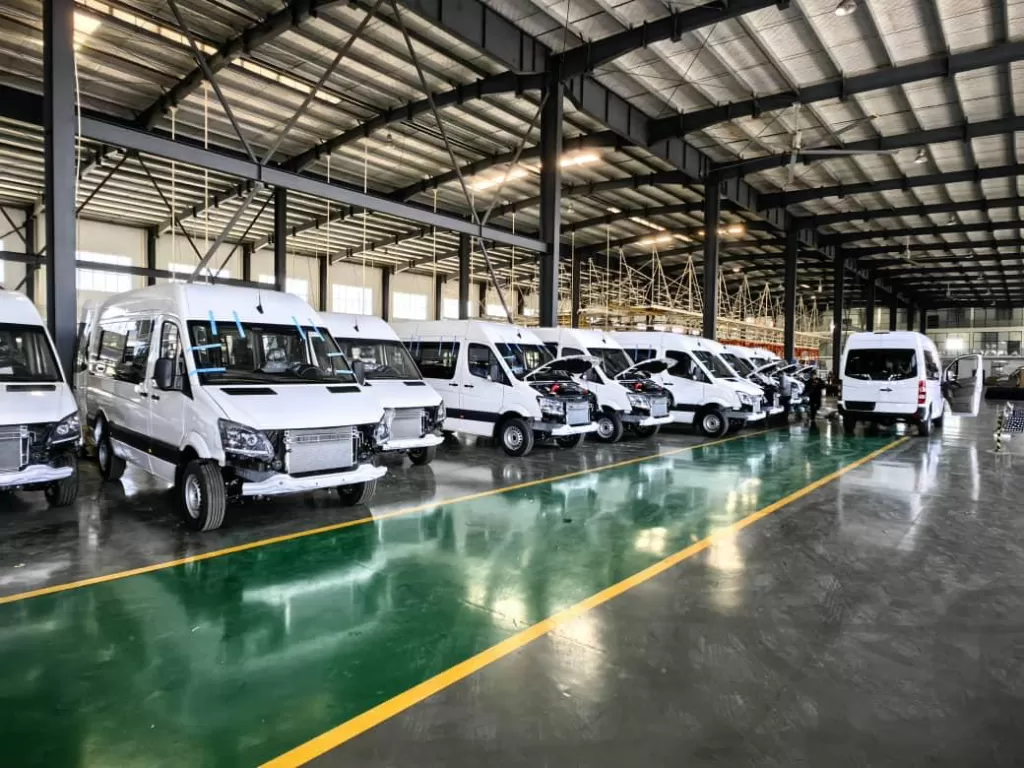Converting Your Vehicle to CNG: What You Need to Know

As the world shifts towards cleaner and more sustainable energy sources, many vehicle owners are considering converting their vehicles to run on Compressed Natural Gas (CNG). CNG is a cleaner-burning fuel that can help reduce greenhouse gas emissions and air pollution. However, before making the switch, there are several key things to consider.
Is Your Vehicle Suitable for CNG Conversion?
Not all vehicles are compatible with CNG conversion. Generally, most petrol-powered vehicles can be converted, but the age, condition, and type of engine play a crucial role in determining the feasibility and cost-effectiveness of the conversion.
To determine if your vehicle is suitable for CNG conversion, consider the following factors:
- Age of the vehicle: Newer vehicles, typically less than 10 years old, are better candidates for CNG conversion.
- Condition of the engine: The engine should be in good working condition before conversion.
- Type of engine: Most modern petrol engines are suitable for CNG conversion.
- Emission standards: Vehicles must meet certain emission standards to be eligible for CNG conversion.
Factors to Consider Before Conversion
When deciding whether to convert your vehicle to CNG, keep the following factors in mind:
- Cost of conversion: The cost of converting your vehicle to CNG can range from $2,000 to $5,000 or more, depending on the type of conversion kit and the complexity of the installation.
- Fuel availability: Ensure that CNG refueling stations are readily available in your area.
- Cost savings: Calculate the potential cost savings of converting to CNG, considering the cost of the conversion kit, installation, and fuel prices.
- Environmental benefits: Understand the environmental benefits of switching to CNG, including reduced greenhouse gas emissions and air pollution.
Choosing the Right CNG Conversion Kit
There are two primary types of CNG conversion kits: sequential and venturi systems. Sequential kits are more advanced and efficient, while venturi kits are simpler and more affordable.
Sequential kits use advanced computer controls to inject CNG into the engine’s cylinders, providing better performance and fuel efficiency. Venturi kits, on the other hand, use a venturi nozzle to mix CNG with air, which is then injected into the engine’s cylinders.
Finding a Certified CNG Conversion Center
To ensure a safe and proper installation, it’s essential to use a certified conversion center. These centers employ trained technicians who follow strict guidelines and adhere to industry standards.
When selecting a conversion center, look for the following certifications:
- National Alternative Fuel Vehicle Association (NAFVA) certification
- International Association of Natural Gas Vehicles (IANGV) certification
- Environmental Protection Agency (EPA) certification
Additional Considerations
Before converting your vehicle to CNG, also consider the following:
- Vehicle warranty: Check if the CNG conversion will void your vehicle’s warranty.
- Insurance: Check if your insurance provider covers CNG-converted vehicles.
- Maintenance: CNG-converted vehicles require regular maintenance to ensure optimal performance and safety.
- Resale value: Consider the potential impact of the CNG conversion on your vehicle’s resale value.
Conclusion
Converting your vehicle to CNG can be a cost-effective and environmentally friendly option. However, it’s essential to carefully consider the factors mentioned above to ensure that the conversion is right for you. By doing your research and selecting a certified conversion center, you can enjoy the benefits of CNG while minimizing the risks.







